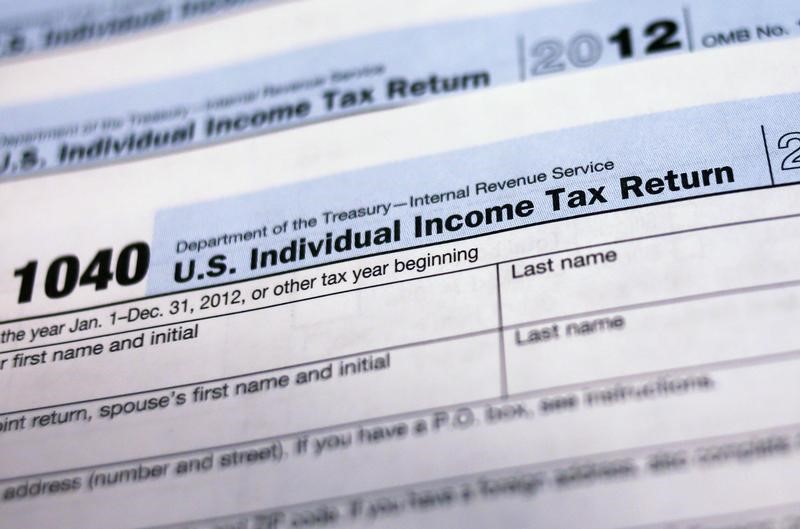By Ginger Gibson
WASHINGTON (Reuters) - With U.S. Congress members focused during their August recess on finding ways to lower the corporate tax rate, industry groups and other sectors of society are gearing up to fight proposed changes to the personal income tax.
While tax cuts for business have garnered the most headlines, lobbyists and lawmakers have conceded that rewriting the corporate tax code will be a long slog.
Tackling personal tax rates will be easier, many argue. Looking for an easier legislative win ahead of the 2018 midterm elections, most lawmakers in the Republican majority want to cut individual incomes taxes. President Donald Trump has been pushing hard for tax changes this year.
Still, proposed changes to the personal tax code have already stirred opposition from realtors, home builders, mortgage lenders and charities. These groups say proposed changes will hurt home sales and cut charitable contributions.
The National Association of Realtors issued an "August Recess Talking Points" circular imploring members to remind lawmakers that "Homeowners must be treated fairly in tax reform" to avoid "another housing crash."
The group cited a report it commissioned from PwC that estimated home values could quickly dive more than 10 percent if the tax plan becomes law.
To simplify the tax code, Republicans have proposed eliminating nearly all tax write-offs including those for state and local taxes, then doubling the standard deduction. This would eliminate the incentive to itemize and should drastically reduce the number of taxpayers who do so.
Currently, many taxpayers use itemized deductions, claiming write-offs for things like charitable contributions, interest paid on a mortgage and state and local taxes. If the standard deduction becomes larger, fewer taxpayers will need to itemize, reducing the incentive to hold a mortgage or contribute to charity.
Currently, about 30 million taxpayers claim the mortgage interest deduction, with about $70 billion in total claims, according to Robert Dietz, an economist with the National Association of Homebuilders.
Estimates suggest more than half of taxpayers would stop itemizing under the proposed plan, Dietz said, warning that this would create a large ripple effect through the economy. He said people in early years of a mortgage would suffer most, along with prospective home buyers.
Home builders are also fighting the proposed tax code changes.
"I don’t think I would call that a cakewalk," said Jerry Howard, the head of the National Home Builders Association, saying the proposal will face fierce resistance from his group, which represents 130,000 builders. He noted that members operate in every congressional district and employ more than 7 million people.
Charitable organizations are not arguing against increasing the standard deduction. But they are asking members of Congress to consider creating a “universal deduction,” so taxpayers taking the standard deduction can get additional credit for donations without itemizing.
Taxpayers claim an estimated $13 billion each year in charitable deductions. Charities fear giving would plummet if the standard deduction were doubled without creating a universal deduction.
Gail McGovern, president and CEO of the American Red Cross, said reducing charitable deductions would be “devastating.”
If lobbyists defeat the reform effort, Congress could try to cut rates without structural tax code changes, said Charles Boustany, a former Republican member of the tax-code writing House Ways and Means Committee who left Congress in January.

“The path of least resistance becomes an old-fashioned tax cut on the individual side,” said Boustany. “The pressure is just going to be relentless as we get later in the fall.”